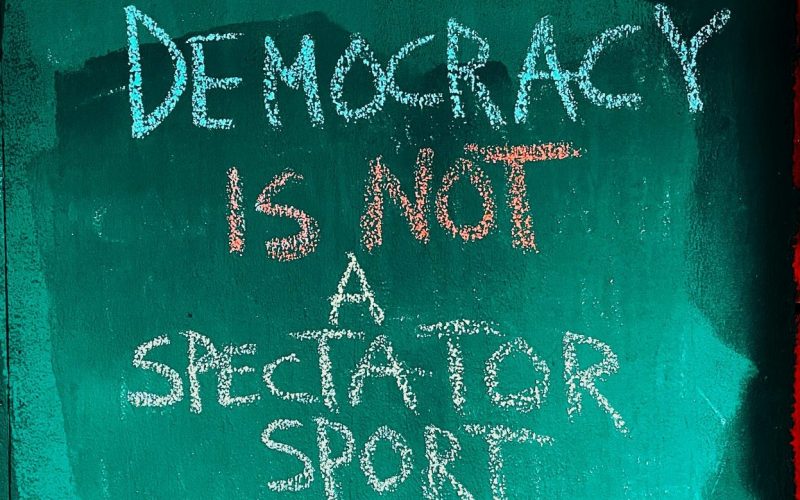Summary:
- The decision by the AfCFTA Secretariat to establish the AfCFTA Implementation Review Mechanism (AFIRM) was mainly prompted by concerns relating to states parties’ slow implementation of the AfCFTA Agreement under which full trading was expected to commence in January 2021, which has not yet happened.
- With no new deadline having been set for trading to officially commence under the AfCFTA, the establishment of the AFIRM in July 2024 is a step in the right direction, as it could encourage states parties to implement the Agreement. As the AFIRM is currently structured, states parties will be periodically assessed (once every five years) to determine the extent to which they have met their AfCFTA commitments.
- The review process should in principle encourage states parties to meet their AfCFTA obligations because, if they do not, they run the risk of being embarrassed in front of their peers. States parties may be able to use the findings and recommendations from their reviews to push through difficult reforms with a view to enhancing the competitiveness of their economies and achieving robust economic growth and sustainable development.
- It is, however, debatable whether the AFIRM approach of directly assessing whether a state party has met its AfCFTA obligations is the most appropriate one, as it may lead to resistance and non-cooperation on the part of states parties. The WTO’s Trade Policy Review Mechanism (TPRM) has the overwhelming support of the WTO membership, as it focuses more broadly on a member’s trade policy regime and the need for transparency as opposed to directly assessing whether a member has met its WTO obligations.
- Where a state party lacks the political will to implement AfCFTA obligations, it is doubtful whether the AFIRM process would succeed in compelling the state party to do so within the intended timeframe or at all. In addition, a disgruntled state party that has concerns about its review reports could potentially block the adoption of the report by the Council of Ministers, whose decisions are generally taken on the basis of consensus.
- To get the buy-in of the states parties, the senior trade official should carefully craft the review reports, along the lines of the WTO TPR reports, and avoid definitive assessments about states parties’ lack of compliance in terms of their AfCFTA obligations. This is necessary to ensure that the AFIRM contributes to furthering the economic integration process on the African continent.








